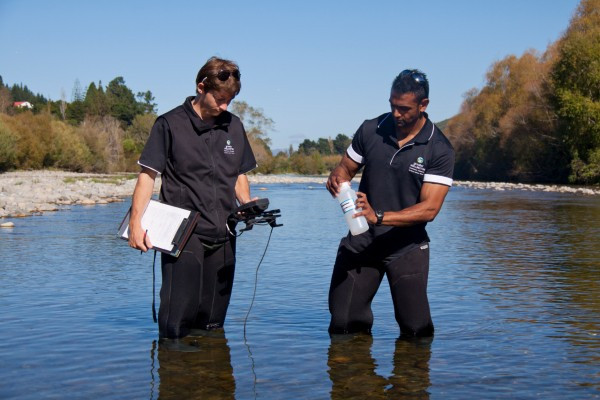We have prioritised 21 areas where science research would further support the implementation of the freshwater policies and regulations through to 2025.
These priority areas were developed in consultation with regional and central government representatives. Discussions were focused on water science and economics research needed to implement new water policies and regulations.
The criteria used to prioritise the research areas included:
- attractiveness (contribution to strategic objectives, benefits)
- affordability (demand on resources and funding confidence)
- achievability (risk, complexity, level of support).
The priority areas are rated from very high priority to low priority.
We will be undertaking some of the research in the priority areas. We are also engaging with the research sector to determine their capacity and capability to support this research.
